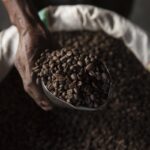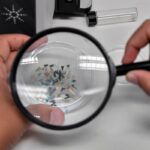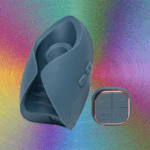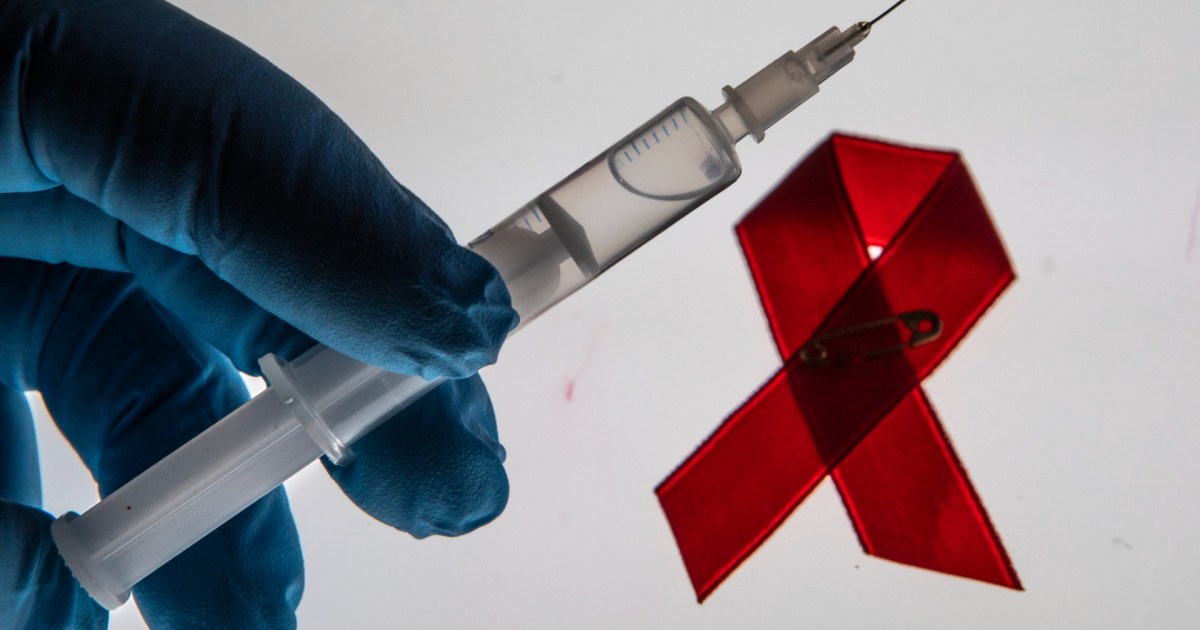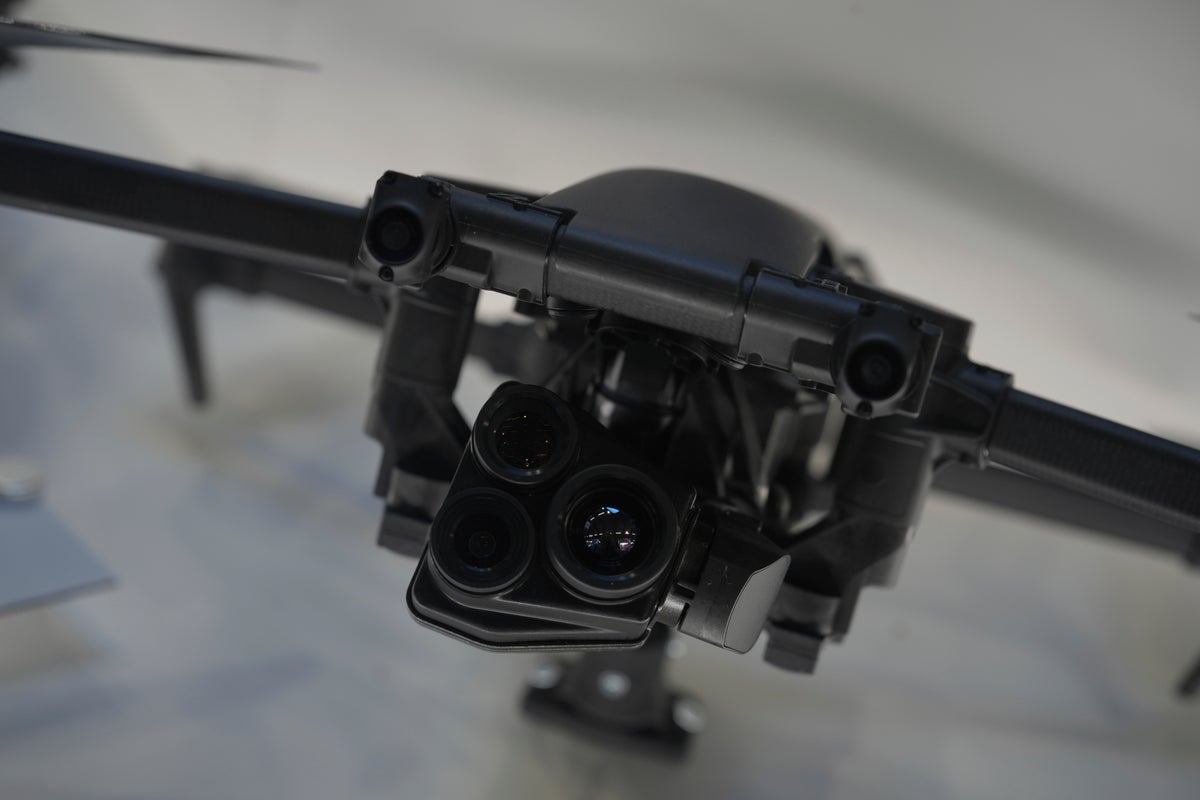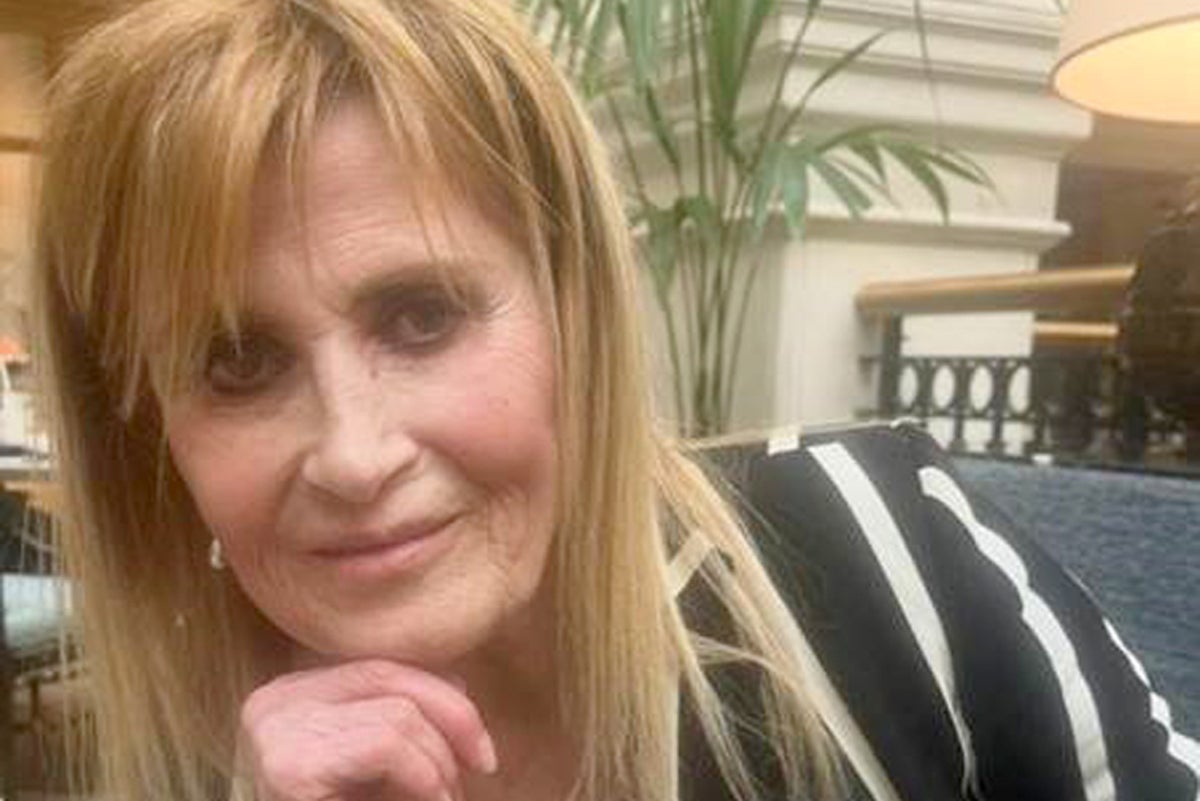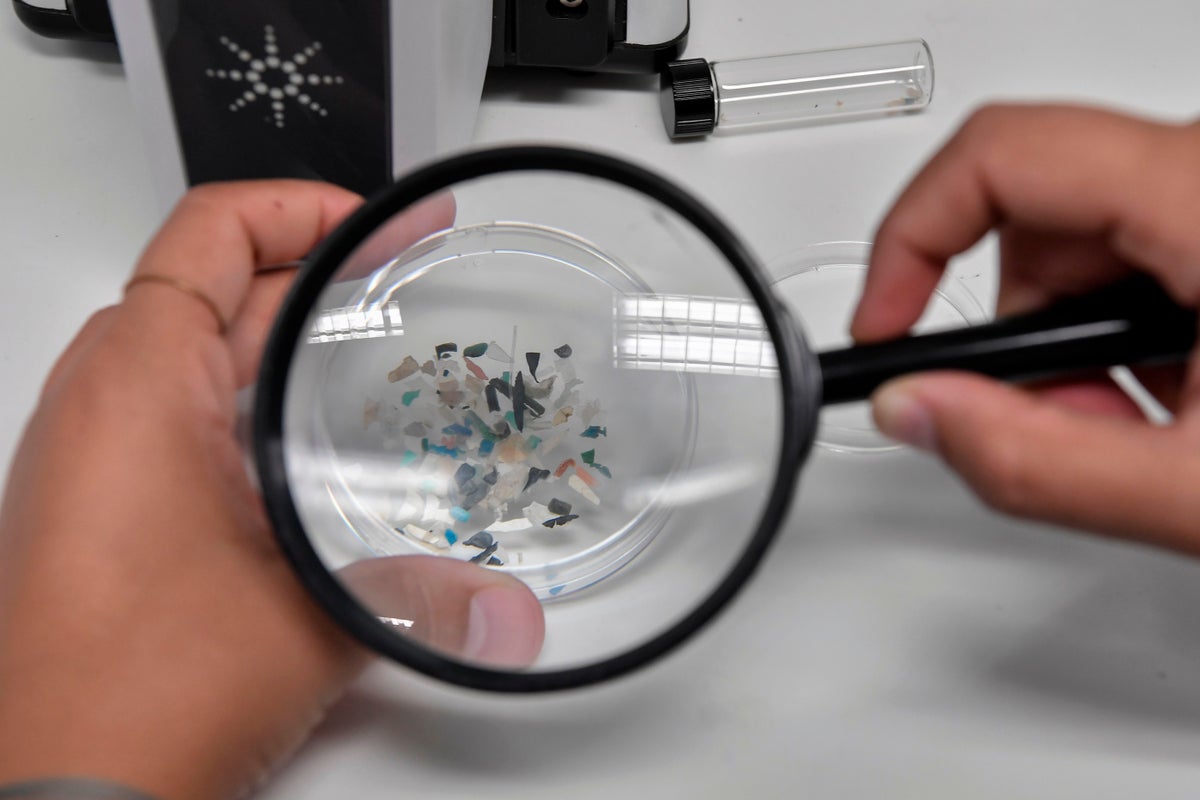On Wednesday, the Food and Drug Administration approved a highly effective, injectable drug to help prevent the transmission of HIV, according to its manufacturer, Gilead Sciences. The drug, lenacapavir, will be sold under the name Yeztugo.
“This is a historic day in the decades-long fight against HIV,” Gilead CEO Daniel O’Day said in a press release. “Yeztugo is one of the most important scientific breakthroughs of our time and offers a very real opportunity to help end the HIV epidemic.”
Indeed, in clinical trials, lenacapavir showed stunning efficacy as pre-exposure prophylaxis, or PrEP, blocking infection in 100 percent of participants who’d received it in one trial and 99.9 percent in another.
But Yeztugo’s approval also comes at an unfortunate time—amid the Trump administration’s drastic cuts to efforts to fight AIDS across the globe.
That includes, as my colleague Sam Van Pykeren and I reported in March, the gutting of the United States Agency for International Development (USAID), an agency tasked with fighting diseases like AIDS worldwide; kneecapping PEPFAR, the US President’s Emergency Plan for AIDS Relief, a program that’s saved an estimated 26 million lives since its founding by President George W. Bush in 2003; and shutting down several high-profile HIV prevention studies. Take, for instance, the MATRIX study, halted in response to a January executive order:
One set of trials known as the MATRIX study, a $125 million endeavor funded by USAID, was designed to evaluate new HIV prevention products for women, including a dissolvable vaginal film, a dissolvable vaginal insert, and a vaginal ring meant to prevent pregnancy and HIV transmission. Dr. Catherine Chappell, an assistant professor and OB-GYN at the University of Pittsburgh who helped lead the trial for the vaginal ring, says Trump’s order meant her phase I clinical trial was abruptly ended mid-data collection. “We had participants in South Africa that still had these [placebo] rings in their vaginas,” she says. Chappell worries that dropping the study midway through could have “irreparably damaged” researchers’ relationship with the community. “It is just completely unethical,” she says.
Researchers at USAID had also planned further clinical trials for lenacapavir. “All of that’s just been cut off,” a former USAID analyst told us in March.
In other words, as we argued, the historic arrival of lenavapavir (aka Yeztugo) as a form of PrEP makes now a uniquely bad time to walk away from HIV research and aid:
In short, after decades of research, science delivered the most effective preventative HIV drugs the world has ever seen—and the US is throwing up its hands and abandoning efforts to share them with those most in need. That isn’t just a moral failing, experts say, but also goes against the country’s self-interest. For decades, officials have seen foreign disease prevention as a form of “soft power”—it engenders trust within the global community while ensuring fewer infections both abroad and, ultimately, at home.
As Mitchell Warren, the executive director of the international HIV prevention organization AVAC, told the New York Times on Wednesday, “We’re on the precipice of now being able to deliver the greatest prevention option we’ve had in 44 years of this epidemic. And it’s as if that opportunity is being snatched out of our hands by the policies of the last five months.”



